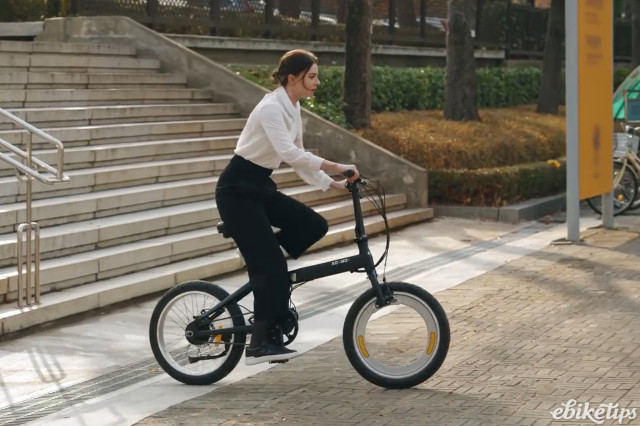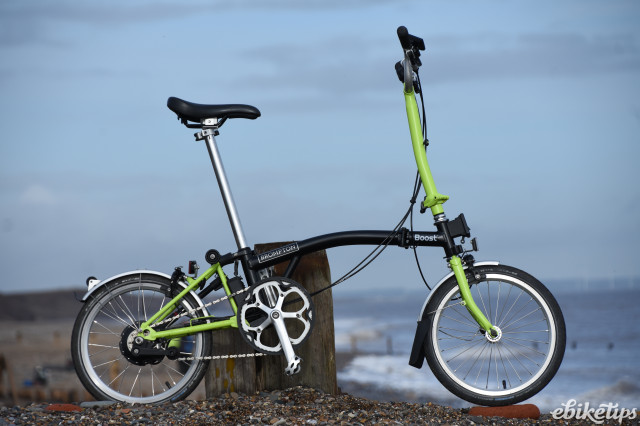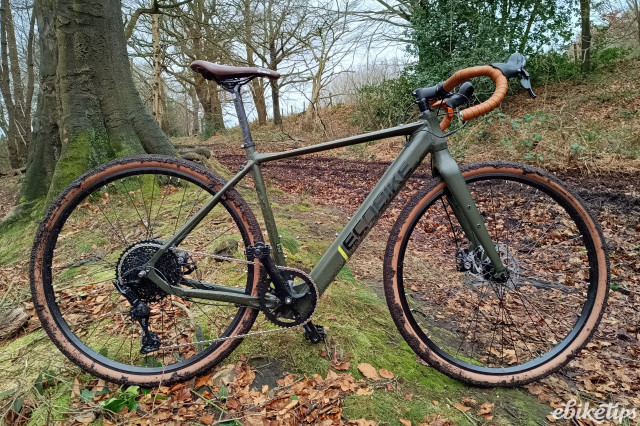Amsterdam is set to trial a system that will remotely reduce the speed of e-bikes. The system was recently tested by the city’s alderman, Melanie van der Horst, whose pedal assistance stopped when she entered a “vulnerable area”, such as a school, a busy intersection, or roadworks.
“We have a bike that can really be slowed down,” said Van der Horst. “I’m curious to see people using this technology. Later this year, we are actually going to do a test on a cycle route in the city. I hope the busy bike paths in our city will be safer with intelligent speed adjustment.”
The system was developed in collaboration with Townmaking Institute, a non-profit organisation, and Odido, formerly T-Mobile Netherlands.
Van der Horst tested the system last week, according to NRC. “I saw a child playing with a football on my screen. A little later I got into the red and my speed was reduced to 15 kilometres per hour.”
Paul Timmer, cycling corridor asset manager at Townmaking Institute, said: “This solution is not only a technological advancement but a societal change enabler, allowing faster travel in less busy areas and ensuring safety in high-traffic zones."
He said that practical implementation of the system would be far less of an issue than garnering public support for it. “There are five manufacturers and suppliers of motors for electric bicycles. They all work with similar systems,” he explained.
In the Netherlands, e-bikes can have pedal assistance up to a maximum of 25km/h. We recently reported how Dutch police are using roller test benches to check bikes' maximum speeds, as well as those of mopeds and other light vehicles.
However, it was announced in 2020 that the Dutch government was funding a project that would see e-bike motors cut in built-up areas. “The whole narrative is about moving individuals from a self-centric mode,” said Indranil Bhattacharya, a technology strategist at Townmaking Institute.
In 2022, more than half of traffic victims in Amsterdam were on a bike, and at least one in ten of them was on an e-bike. “The number of accidents involving cyclists is alarmingly high,” said Van der Horst. “Children no longer dare to cycle; the elderly get off when a souped-up fat bike comes along.
“More than half of all electric cyclists ride faster than the permitted 25 kilometres per hour. Nowadays, electric bicycles are much more than a bicycle that rides a little faster. They are sometimes heavy beasts that cause serious injuries in the event of an accident.”
According to NRC, test drives of this system will be made by volunteers in Amsterdam next year, who will then have access to an app that warns them as soon as a speed limit is approaching.
It will also be trialled in other European cities including Milan, Athens and Munich. Governments can set speed limits which will be sent to e-bike riders in the vicinity of vulnerable zones. The bikes can be traced with a GPS signal and must be equipped with a reception box.






